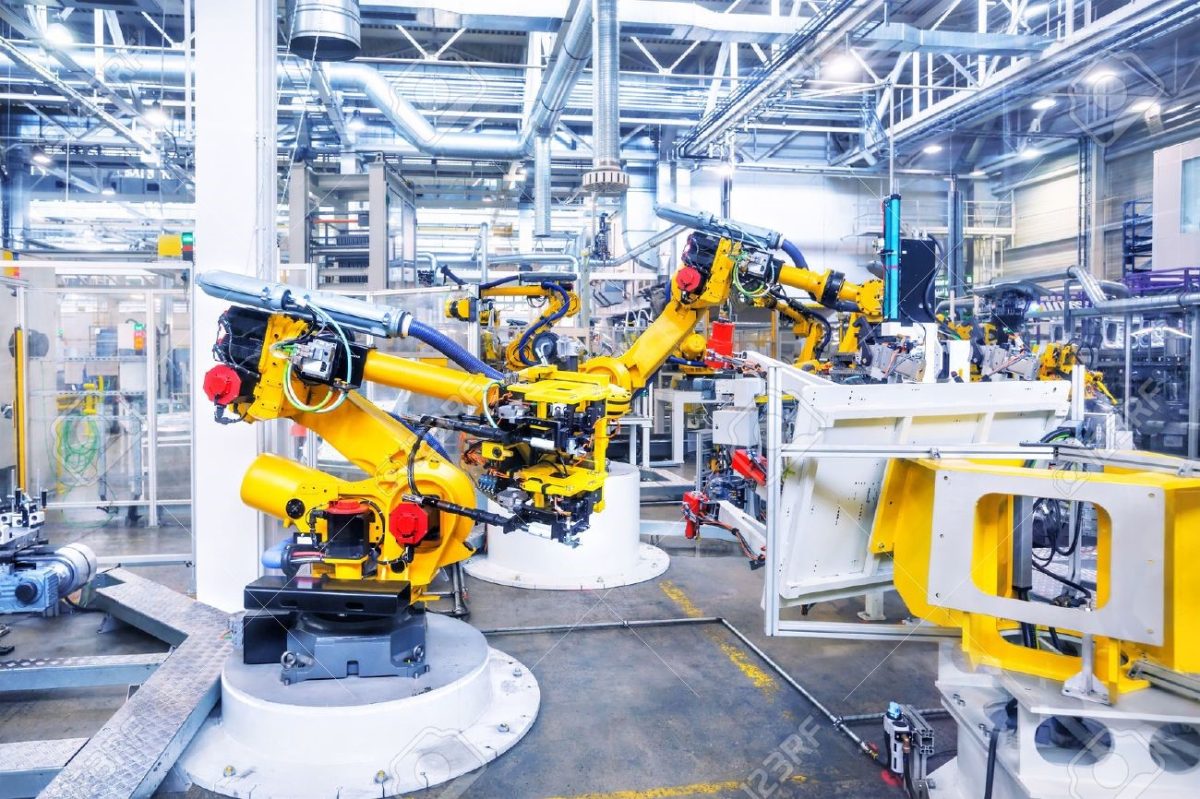Prime Minister Nguyen Tan Dung gave such instructions at the conference summarizing 10 years of implementing the development strategy of Vietnam’s mechanical industry, held on the morning of April 11 in Hanoi.
At the conference, the Ministry of Industry and Trade said that according to the strategy, by 2010, mechanical products must meet 40-50% of domestic demand, but by 2012 only 32.58%, the volume of imported products must be 32.58%. Mechanical products are also twice as much as exports.
According to Mr. Nguyen Chi Sang, Director of the Institute of Mechanical Engineering, there is a situation with EPC general contractor projects that are Chinese contractors, the localization rate is only a few percent or even 0%. For example, in cement, although investing in 24 factories, 23 factories are operated by foreign contractors as EPC general contractors and the localization rate of equipment in these factories is not more than 3% (mostly 0%). Although technically, domestic mechanical enterprises (DN) can completely master the design and manufacture up to 40% of the equipment value. In coal-fired power projects, the localization rate is almost zero with 15 projects with Chinese contractors, while with Vietnamese contractors, the localization rate of equipment is about 20%…
Meanwhile, in industries that the Government appoints contractors to domestic contractors such as hydropower, domestic mechanical enterprises have made 90% of hydraulic mechanical equipment, localized 30% of the value of hydraulic project equipment. electricity. “The government must attach importance to the mechanical industry and put in place a certain market protection mechanism,” Mr. Sang suggested.
According to Deputy Prime Minister Hoang Trung Hai, although there are many mechanisms and policies, they are inconsistent and unstable. However, businesses still “ordinarily criticize mechanisms and policies but rarely look back at themselves”. He pointed out the major drawback of the mechanical industry is that enterprises lack cooperation with each other to develop together while the enterprises themselves are very weak in management, technology, capacity… and suggested mechanical enterprises to think. On the other hand, do not invest in monumental but need to invest in each type of product structure.
Prime Minister Nguyen Tan Dung emphasized that mechanical engineering is a fundamental industry, there has been an increase when it only accounted for 10.8% of domestic demand in 2002, it now accounts for about 32.6% of demand, but still target has not been reached. The Prime Minister requested to review mechanisms and policies, which have not been implemented, must be strictly implemented, such as the preferential tax regime of VAT for mechanical engineering projects, corporate income tax, tax to protect domestic production. In accordance with commitments, building technical barriers, regulating the localization rate… In addition, there are preferential credit policies for farmers and fishermen to create markets and credit for production enterprises. . Building key products, equitizing state-owned enterprises to create new motivations and promote the development of domestic mechanics.

